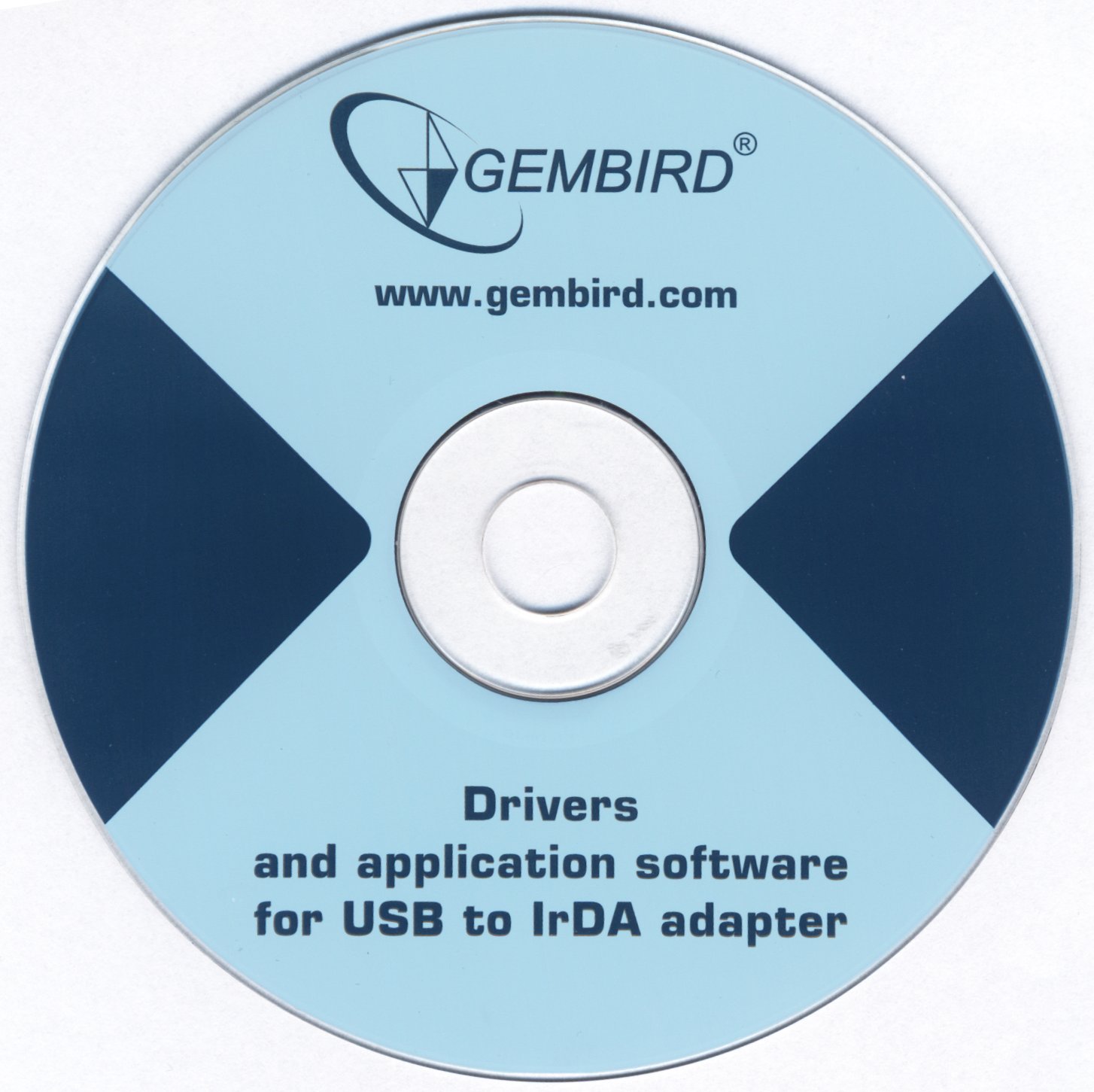
The lexicographers went back to the Greek sources themselves, and wrote this dictionary with a focus on “matching the ancient senses with a modern way of expressing them.” – from the homepage. It is aimed primarily at students, but contains much that will be of interest to scholars.



The older edition of this lexicon is abbreviated as BAGD.
Lexicon greek magenta gold greek version 7.2.0 how to#
For a slideshow from a presentation on how to evaluate Bible translations, see /bibletranslations. For a discussion of Hebrew and Aramaic words in the Greek New Testament, see /aramaicgnt. For a bibliography of resources for students of Biblical Greek, see /greek. For video guides on how to use Accordance and Logos, including their use for word studies, see / biblesoftware. These can be avoided altogether if one is able to read Greek and consult the resources from the first two categories.įor further reading: For a step-by-step guide on how to conduct a word study of biblical words, see /wordstudy. None of the resources in this third category are, in themselves, adequate for translation or research. The third, “Other” category contains resources that are rudimentary in nature and may provide a useful first point of contact with the vocabulary in the Greek New Testament. These resources are usually multi-volume works. These resources may not define every word in the GNT, but they will go in-depth into the words that are included. The second category is for lexicons whose entries look more like articles than like succinct dictionary entries. Most of these resources come in a single-volume and are more typical of what one expects a dictionary to look like. The first category includes lexicons that provide basic glosses, definitions, and evidence from the ancient, Greek-speaking world. The Greek-English lexicons from the first two categories on this page are the standard academic lexicons used for translation of, and more generalized research into, the Greek New Testament (GNT). Critical Thinking & Exegetical Fallacies.Hebrew & Aramaic Words in the Greek New Testament.English – Greek – Hebrew Translator Page.
Research Bibliography for Biblical & Theological Studies.Journal Research using the ATLA database.Basic Research Stages for Evidence-Based Research Papers.


 0 kommentar(er)
0 kommentar(er)
